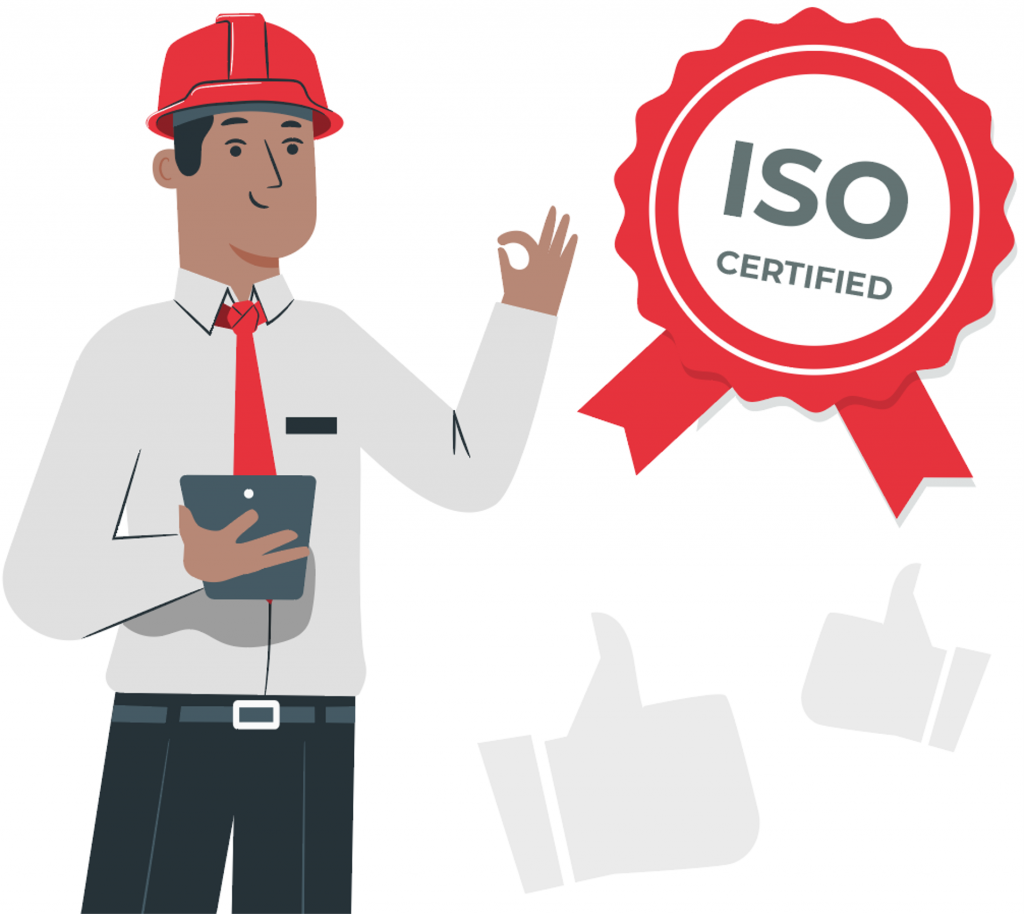Standards
First of all: What is a standard? A standard simply refers to ‘how one is going to do something’. We distinguish two types of standards: internal and external standards.
Internal standards are drawn up independently on organisation level. They are strongly related to the identity, purpose and strategy of a certain organisation. For example; how Starbucks coffee tastes depends heavily on the standards set internally.
External standards, on the other hand, are drawn up by other – authorised – institutions. A well-known example is the ISO institute: International Organization for Standardization. They create third party standards; the so-called ISO standards. Companies can certify themselves in ISO standards through an audit; whereby the organisation in question is checked for the implementation of a certain standard. If a company has a certain certificate, you can be confident that that company works according to a specific standard.
So why do such measures exist? Well… It’s easy to say you meet certain standards. Being able to substantiate it is something else. Every day companies bombard us with marketing messages that actually say: “We are the best supplier/partner for you!”. And that’s exactly why those third parties audits take place. Certificates contribute to the credibility of such messages and to the credibility of the company in general. This is extremely valuable in the communication between a corporation and its target group.
Fun Fact: ISO is derived from the Greek word ‘isos’, which means ‘equal’.
What's in it for me?
Perhaps more importantly: What’s in it for me? Why should I invest in ISO-certification at all? Actually, one can confidently say that certifying yourself brings a lot of relevant advantages.
- A first advantage that should not be underestimated is the fact that the perception of stakeholders (customers, potential customers, suppliers, …) towards your company improves. It increases credibility and immediately creates a certain relationship of trust between you and for example the (potential) customer. Today, many companies even use standards to guide them in their choice for a supplier or partner. Those suppliers/partners must meet certain standards, otherwise they have no chance of ending up on the approved vendor list.
- ISO contributes to a higher performance. Companies that use ISO management systems have access to methodologies and terminologies that have already been established, which makes management and communication more efficient.
- The ISO standards are adopted all over the world. Which means they are not only useful on your domestic market; you can also use them to tap into foreign markets.
- And so on and so forth
Become ISO-certified by digitalising
We have seen that compliance with standards is a time-consuming process, but it certainly pays off. Many people know the stereotypes: the process to compliance can be long and has a lot of paperwork. However, these stereotypes are outdated. Today we can – fortunately – rely on numerous technologies, which allow us to work much more efficiently and save time on our way to compliance.
And that is exactly what Phronesys can help you with. Manage all your certification schemes using our automated, cloud based and complete ISO-software. Save time, energy and inefficient administration. Go for digital and get a higher ROI!
What are your experiences with ISO? Would you like more information about certification or Phronesys? Do you have any comments? Share your ideas with us: we would love to discuss them with you.


